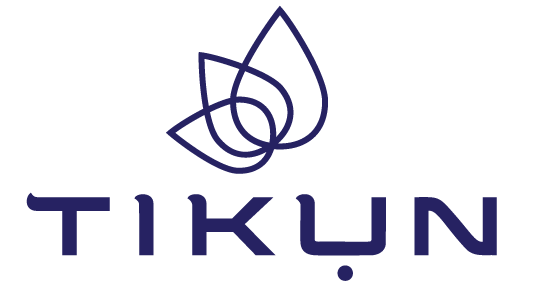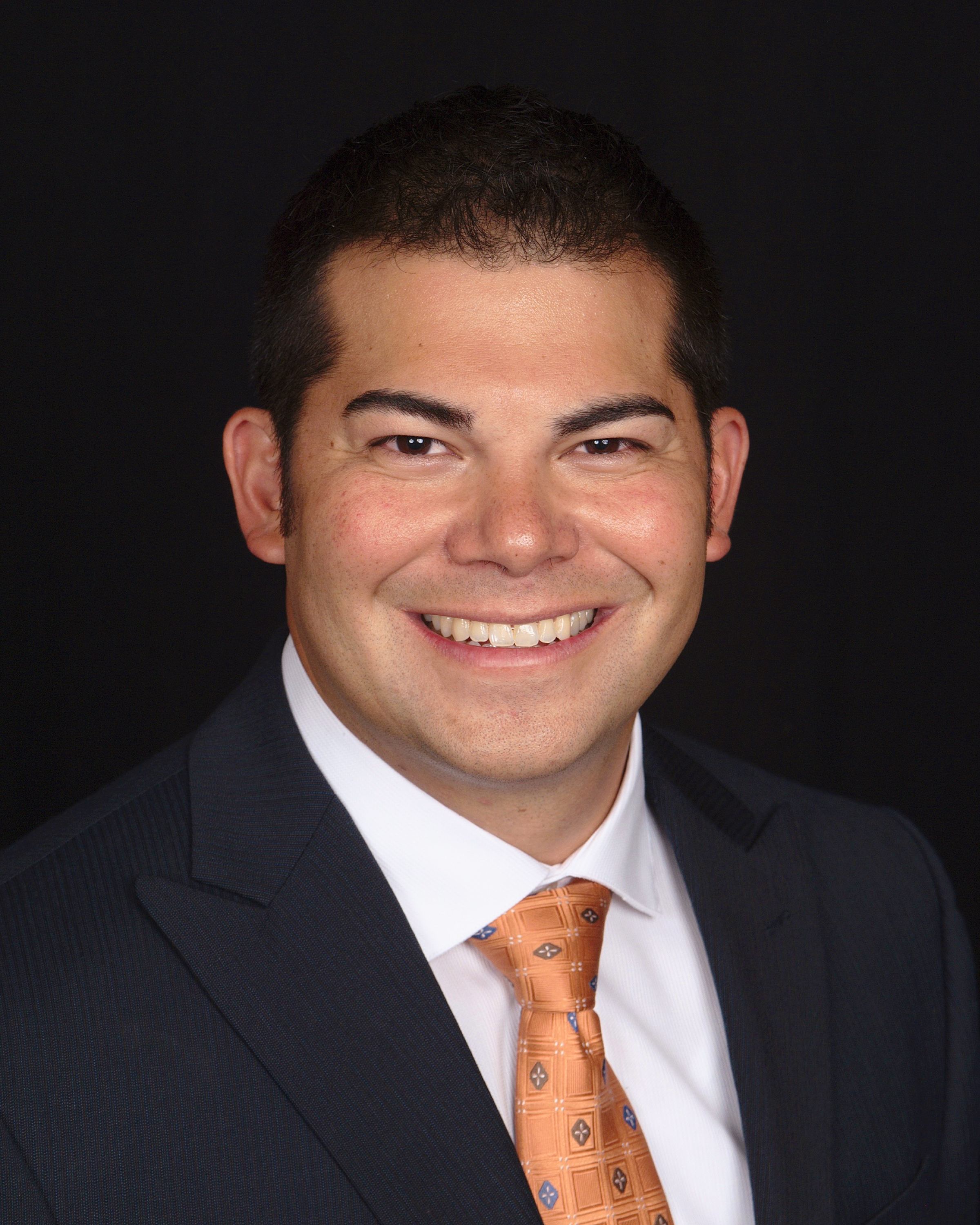British Home Secretary Sajid Javid appears to have become the most high ranking cannabis advocate in the British government. He has just launched a review into medicinal uses of cannabis in the UK. However, this dramatic change in policy has only come after a series of high profile campaigns and escalating battles for access waged by patients and their families against a government which has remained stubbornly intransigent in the face of growing evidence of medical efficacy and reform elsewhere. In fact, the cannabis “Battle of Britain” has come to resemble the contretemps in Israel over the same issue four years ago that led to a national review of medical use and greater patient access.

It is expected that this recent turn of events will open better access for more British medical users. The fact that the timing of all of this comes as GW Pharma has received the right to distribute Epidiolex in the U.S. as the first FDA-approved cannabis-based medicine is not only part of the irony but the underlying problematic politics surrounding all of this. Starting with the timing of who has access to what, and under what circumstances. As it stands, Epidiolex is also the only cannabis-based drug now eligible in the United States for healthcare coverage. The rest of the market is so-far excluded from it. Unlike, it should be pointed out the situation in the UK, the rest of the Commonwealth, and of course, the EU. Starting with Germany.
A Major Win for Patients
Celebrate one for Alfie! Alfie Dingley that is – the British 6 year old with epilepsy who has become one of the most well-known faces of medical justice for cannabis users in the UK. Dingley and his parents waged a battle since last fall over his right to consume low THC cannabis oil that allows him to manage his epilepsy. He has just been granted an emergency license to import the oil from the Netherlands.
But this is also a victory for Billy Caldwell, the twelve-year-old who ended up in emergency care in hospital recently after his medical oil (from Canada) was confiscated at the border. Video of border control agents at Heathrow Airport removing the oil from the Caldwells caused a national outcry in the UK. Caldwell’s mother, Charlotte, has also waged a high profile battle for access, including at the doors of the hospital her son was admitted to last week. She has also started her own CBD company named after her son.
Like the rest of Europe, which the UK still technically is part of until Brexit, the focus here has very much been on medical use.And of course, this new indication in change of policy is seen as a major victory if not step forward for literally thousands if not millions of Britains who suffer from chronic conditions that are still drug resistant (like Epilepsy but not limited to the same.)
As he addressed the House of Commons on the issue of medicinal cannabis use, Javid said “It has become clear to me since becoming home secretary that the position that we find ourselves in currently is not satisfactory…I have now come to the conclusion that it is time to review the scheduling of cannabis.” As in the US, cannabis is still considered a Schedule I drug in the UK – with supposedly no medical efficacy. This new development clearly challenges that scheduling – but where and how?
Recreational Is Still Not On The Table
Like the rest of Europe, which the UK still technically is part of until Brexit, the focus here has very much been on medical use. This is for several reasons, including a much better and more inclusive public health system – despite imminent fears about the longevity of the British National Health Service (NHS).
 In the UK, however, further reform is not likely to move fast. Unlike anywhere else, cannabis production is essentially limited to one company – GW Pharmaceuticals – who themselves have high standing political connections that continue to oppose reform. This is not based on science but rather profit. Despite the fact that the British Isles are the largest exporter of medical cannabinoid pharmaceuticals in the world, British patients are still largely excluded from access. The only reason that these children and their parents were able to pierce the wall of privilege and profit that has driven the debate here since the late 90’s is that GW Pharmaceutical’s cannabinoid concoctions do not work on this kind of epilepsy. Plus the failure of a recent trial of their new drug (shamefully in Europe, not even conducted in the UK).
In the UK, however, further reform is not likely to move fast. Unlike anywhere else, cannabis production is essentially limited to one company – GW Pharmaceuticals – who themselves have high standing political connections that continue to oppose reform. This is not based on science but rather profit. Despite the fact that the British Isles are the largest exporter of medical cannabinoid pharmaceuticals in the world, British patients are still largely excluded from access. The only reason that these children and their parents were able to pierce the wall of privilege and profit that has driven the debate here since the late 90’s is that GW Pharmaceutical’s cannabinoid concoctions do not work on this kind of epilepsy. Plus the failure of a recent trial of their new drug (shamefully in Europe, not even conducted in the UK).
As a result, GW Pharmaceuticals and the well placed scions of British society who have profited directly and personally from this situation have little choice but to back down – but not by much. As soon as Javid announced his intention to do a review of British policy, former Tory (conservative) leader Lord William Hague called for full legalization. An initiative that as of June 19 was rejected by the government.
Is Medical Finally About To Get Its Due?
In Europe, politically, the frustration is clearly growing. And much like in the United States circa 2012, activists and advocates realize that medical access is the first step towards full reform. However here there is a marked difference to what is going on in both the U.S. and Canada. And in turn, this may bring a long overdue focus on the medical issue that has continually been obscured and overlooked by the industry itself as soon as recreational seems it is in reach.
When real and regulated medical markets are allowed to flourish, the first beneficiaries are both children and women, not middle-aged men. That is clearly the face of the “average” German patient now that the data of the first year has come in. It is also likely to be the case of the British patient as well as Europeans across the continent.In Europe, politically, the frustration is clearly growing
Further, as cannabis has become more of an accepted treatment, this is in turn forcing governments (and even the industry itself) to begin, for the first time, to consider funding widespread trials – and of the raw plant itself along with extracts and other forms the drug can be consumed in.
What does this really herald, in fact then besides relief for chronically ill patients? The first widespread scientific inquiry into the efficacy of cannabinoids outside of Israel.
And that too, is cause for celebration. Congrats Alfie and Billie! And all the people who helped move the issue forward.






























